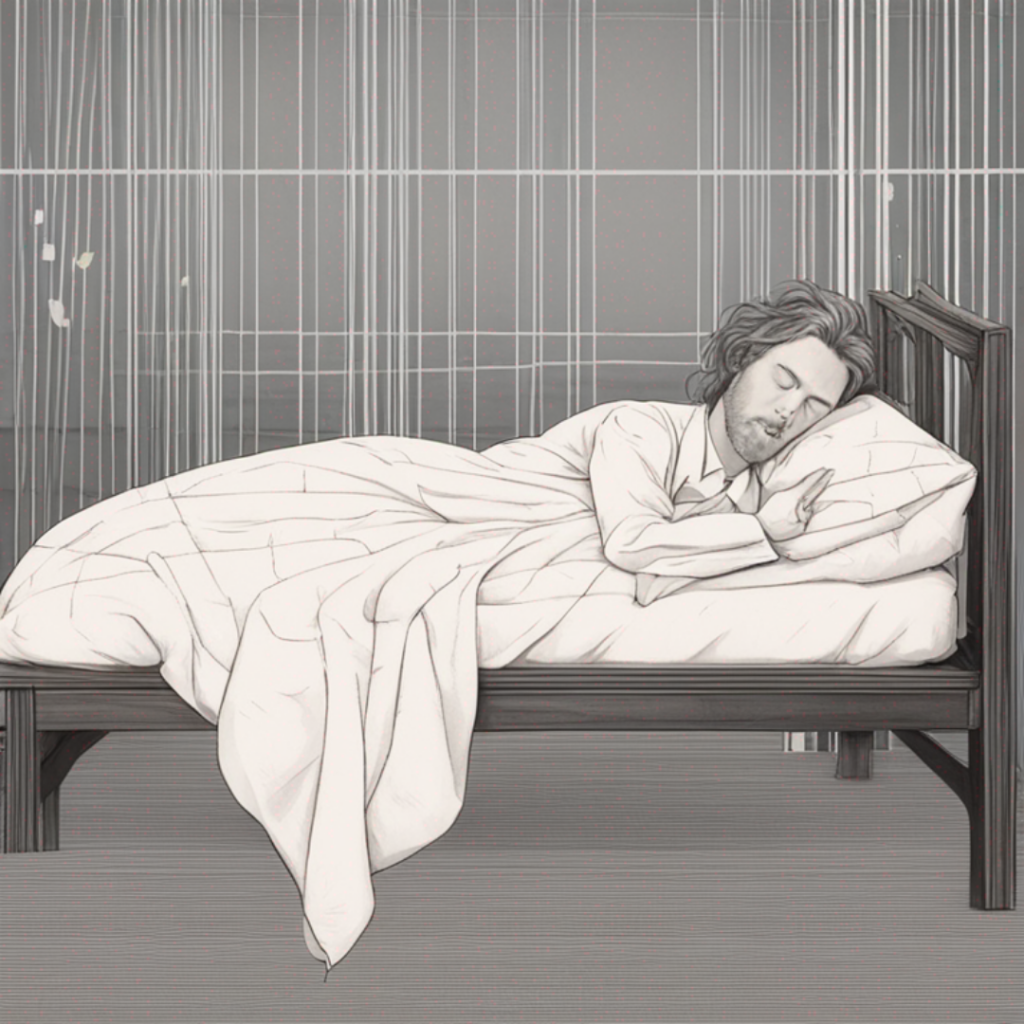Introduction
Sleep is a vital aspect of our lives, playing a crucial role in our overall well-being and health. While we often think of sleep as a state of rest for our entire body, various body parts and systems work together to ensure a restful and rejuvenating slumber. In this blog, we will delve into the fascinating science behind sleep and explore the roles different body parts play in promoting a restful night’s sleep.

Brain
The brain acts as the command center for sleep, regulating sleep-wake cycles and coordinating various physiological processes during different stages of sleep. It controls the production of sleep-inducing hormones like melatonin, ensuring our bodies enter a state of rest.
Eyes
The eyes are closely linked to our sleep patterns through the optic nerve. Exposure to natural light during the day helps regulate our internal body clock, promoting alertness in the daytime and aiding in the synchronization of sleep patterns.
Ears
While we may not associate our ears with sleep, they are sensitive to noise disturbances. Sound disruptions can disrupt sleep stages and negatively impact the overall quality of rest. Creating a quiet sleep environment or using white noise machines can mitigate these disturbances.
Nose
The nasal passages and sinuses play a role in promoting healthy breathing during sleep. Clear airways are essential for uninterrupted breathing, preventing conditions like snoring or sleep apnea that can disrupt the sleep cycle.
Mouth and Throat
The muscles in the mouth and throat also contribute to proper breathing during sleep. The tongue, soft palate, and uvula must remain relaxed to avoid obstructions that can lead to snoring or sleep apnea.
Lungs
Efficient lung function is crucial for oxygenation during sleep. Deep breathing helps deliver oxygen to the body, promoting relaxation and rejuvenation. Regular exercise can strengthen lung capacity and improve overall sleep quality.
Heart
The heart works continuously, even during sleep, to circulate oxygen and vital nutrients throughout the body. Maintaining a healthy heart through regular exercise and a balanced diet can promote restful sleep.
Muscles and Joints
Relaxed muscles and joints are essential for comfortable sleep. Certain sleep positions, the quality of the mattress and pillows, and practicing relaxation techniques can help alleviate muscle tension and enhance sleep quality.
Digestive System
The digestive system also plays a role in sleep. Heavy meals before bedtime can lead to discomfort, indigestion, and disrupted sleep. Opting for lighter, easily digestible meals and allowing sufficient time for digestion before sleep can promote better rest.
Skin
The skin, the body’s largest organ, benefits from restful sleep. During sleep, the skin undergoes repair and regeneration, contributing to a healthy complexion and overall skin health.
Bladder
Maintaining proper hydration is important, but excessive fluid intake before bedtime may lead to increased nighttime bathroom trips, interrupting sleep. Balancing fluid intake and using bathroom breaks strategically can minimize disruptions.
Legs and Feet
Restless Leg Syndrome (RLS) can be a sleep disruptor for many individuals. Gentle stretches, leg massages, or using pillows to elevate the legs can alleviate discomfort and promote better sleep.
Conclusion
Sleep is a complex and intricate process involving various body parts and systems working harmoniously to facilitate restful and rejuvenating slumber. By understanding the roles different body parts play in promoting sleep, we can adopt healthy habits and create optimal sleep environments to maximize the quality of our rest. Prioritizing sleep hygiene and addressing any underlying issues can contribute to overall well-being and ensure we wake up refreshed, energized, and ready to embrace each new day.
